White-throated Sparrow
Latin: Zonotrichia albicollis
The Green Mountain Audubon Center Photo: Meghan Hall/Audubon Vermont
It's always a good time to visit the Audubon Center. Trails are open to the public year-round. Visit us daily from dawn until dusk! Donations are appreciated.
Audubon Vermont is a state program of the National Audubon Society. We are a nonprofit conservation organization whose mission is to protect birds and the places they need, today and tomorrow.
Help secure a future for birds at risk from climate change, habitat loss and other threats. Your support will power our science, education, advocacy and on-the-ground conservation efforts.
From bird watching to winter tracking, maple sugaring to pond scooping, our goal remains the same: to connect people with nature.
Hands-on, outdoor, science learning experiences. We hope you and your students will join us for a uniquely Audubon experience this year!
Engaging young adults in conservation, education and policy
Calling all explorers, investigators, and lovers of nature - sign your child up and they will discover our 255 acres of wild and fun!
Technical assistance for Vermont landowners interested in stewarding their forests for diverse bird habitat
Linking farmers and birders together to support bird-friendly agricultural practices
Vermont Common Terns make a comeback
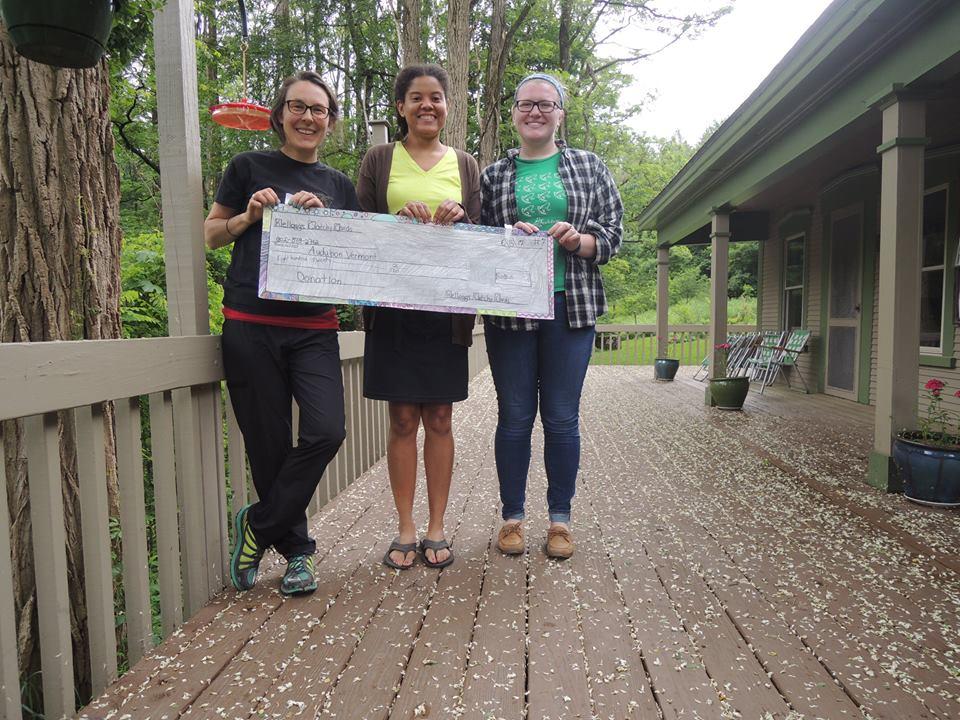
Audubon Vermont's Education programs recently received a donation from Mr. Kellog's class at Williston Central School. These 3rd and 4th grade students created a business plan, made bird-themed greeting cards and temporary tattoos, and sold them to students and community members. They raised over $800 and donated it to Audubon Vermont!
Some of these students have been Audubon campers or participated in our afterschool programs. We're grateful for their support and their passion to give back! A huge THANK YOU!
-The Audubon Vermont Education Team
Yoga Roots is excited to announce they will be partnering with All Souls Interfaith Gathering for the second year of Karma Yoga.
Sundays, June 25, July 9, July 23, August 6, August 20, Sept 3 from 8 - 9 am, Yoga Roots’ yoga instructors will hold an all levels donation yoga class outdoors, overlooking the mountains and Lake Champlain. All proceeds this year will benefit Audubon Vermont. For more than 100 years, Audubon Vermont has protected birds, wildlife and their habitat through engaging people of all ages in education, conservation, stewardship and action.
“Karma Yoga is one of our favorite Summer offerings. Supporting Audubon Vermont seemed like a natural fit. What do birding and yoga have in common? Practice, patience and presence! Come listen to the birds this summer and practice yoga in this beautiful setting at All Souls. The views can’t be beat! Enjoy the gifts of yoga for yourself and help Audubon Vermont at the same time.” says Lynn Alpeter, co-owner of Yoga Roots.
“Yoga and nature both feed the soul and cultivate mindfulness. Audubon Vermont is all about connecting people with nature and meeting people where they are at. Birdsong focuses my mind on the moment in a very similar way that breath grounds my yoga practice. Many thanks to Yoga Roots and All Souls for connecting with Audubon Vermont for the summer yoga series.” - Gwendolyn Causer, Audubon Vermont Teacher/Naturalist.
Suggested donation of $10 per class. Free registration is encouraged so you may get the most up to date information regarding weather, etc.
For more information and class registration go to yogarootsvt.com or call 985-0090. In case of inclement weather classes will be held at the Yoga Roots studio.
All Souls Interfaith Gathering, 291 Bostwick Farm Rd., Shelburne, VT 05482
More information:
Yoga Roots
yogarootsvt.com
lynn@yogarootsvt.com
All Souls Interfaith Gathering
allsoulsinterfaith.org
Mariko Middleton: asig@allsoulsinterfaith.org
Audubon Vermont
vt.audubon.org
Gwendolyn Causer gcauser@audubon.org

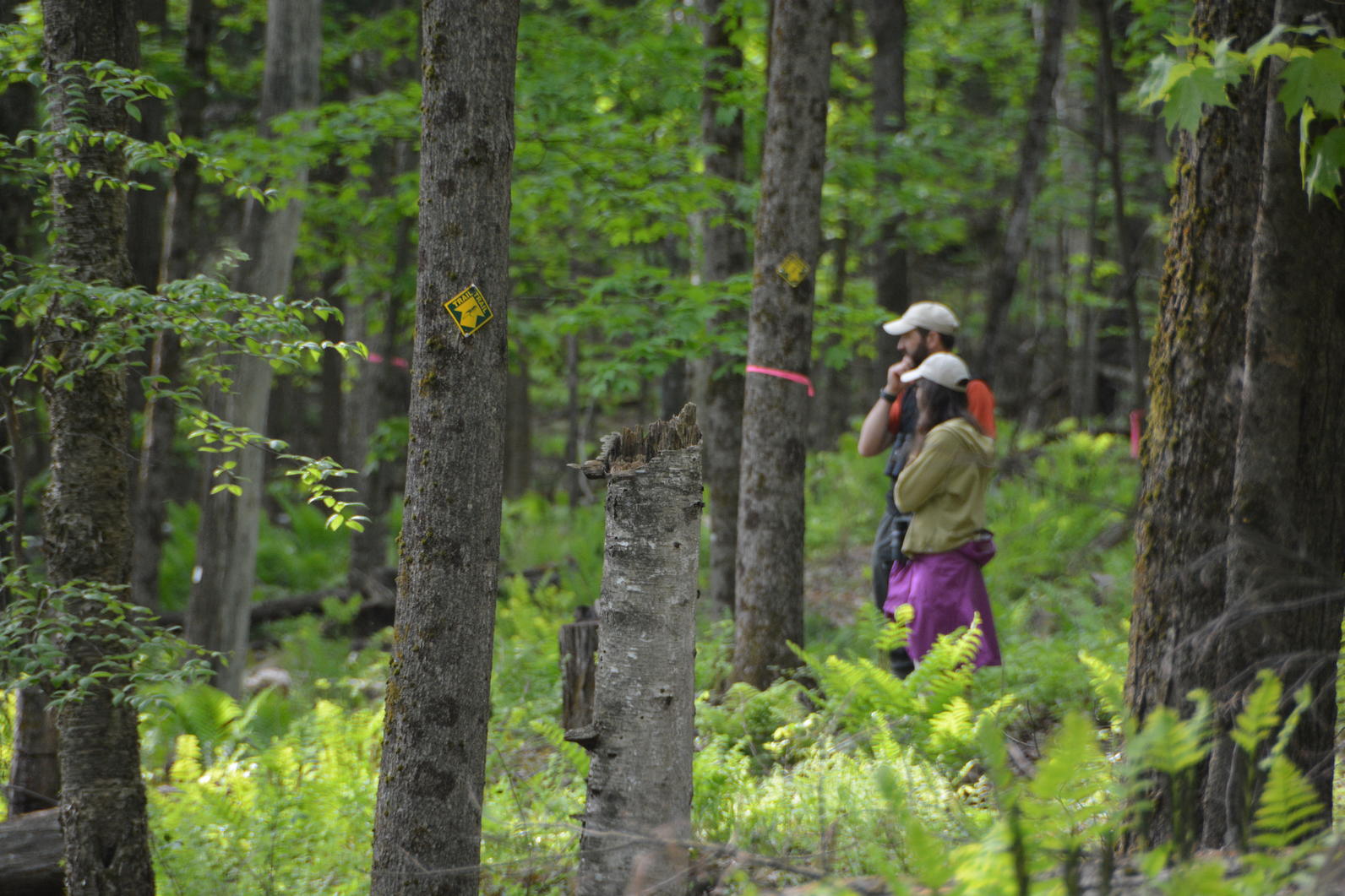
Audubon Vermont addresses the findings of a recent study published by our colleagues at the Vermont Center for Ecostudies. We are taking a holistic approach to keeping our forestland intact using all of our program areas: policy, science, and education. From taking a leadership role in supporting H.233 legislation, to partnering with natural resource managers, and offering educational workshops for landowners, Audubon Vermont is leading the way in ensuring a positive future of our forests for people and birds.
Learn more...
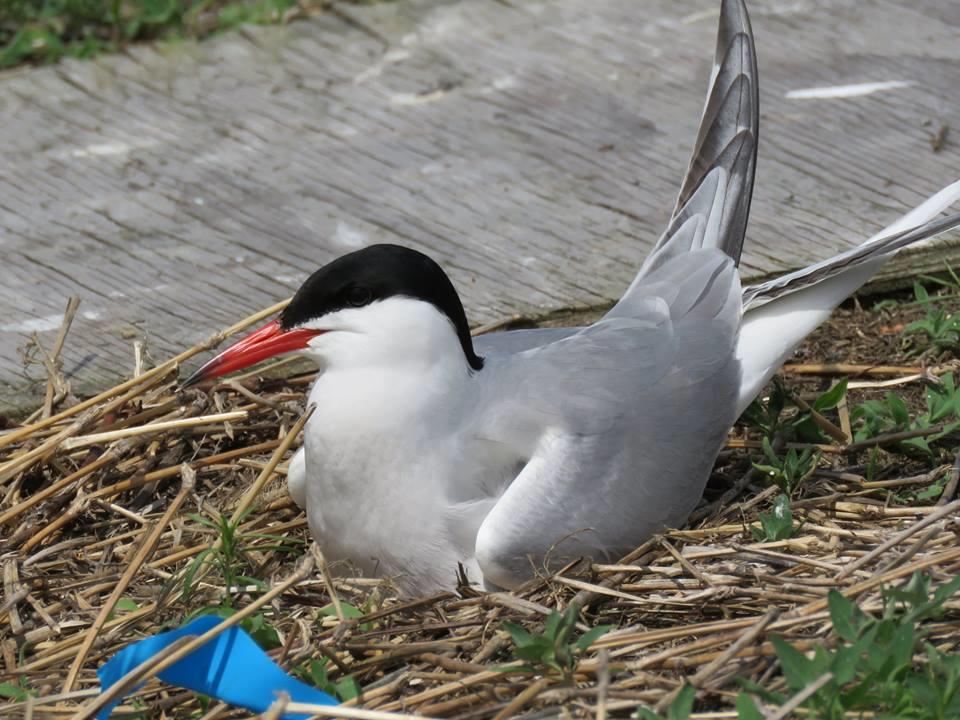
The Common Terns are back and nesting on Audubon's Popasquash Island. As of June 4th over 100 nests have been observed on this small island in Lake Champlain's Inland Sea. Audubon biologist Mark LaBarr monitors this island as well as 2 other Audubon island sanctuaries in partnership with The Vermont Fish and Wildlife Department.
Learn more about our Common Tern Recovery Project: http://vt.audubon.org/conservation/common-tern-recovery-project
We are writing in response to President Trump’s misguided decision to pull out of the Paris Climate Accord. Although this is challenging news to face, it’s an important reminder of how we be united in our action. Audubon Vermont’s work to conserve habitat and address the impacts of climate change is more important now than ever. As an organization, we are safeguarding our environment and addressing climate change in meaningful ways:
Reducing our dependency on fossil fuels which reduces carbon emissions:
Helping Vermont birds, wildlife, and people adapt to our changing climate:
Despite the short-sighted decisions of this administration, Audubon Vermont will continue to address climate change as the biggest threat to birds and people.
Vermonters can take steps together to combat climate change.
1. Commit to Solar, reduce carbon emissions – Utilities across the state are offering solar programs where customers can take advantage of clean, renewable solar energy. You can also install rooftop solar on your home or business.
2. Green Your Commute, use less fossil fuels – Reduce your transportation pollution by purchasing fuel-efficient cars, carpooling, and biking or walking to your destination. Ride sharing apps make it easier save emissions!
3. Grow Bird-Friendly Plants at Home – Native plants can reduce your water and energy consumption. Check out Audubon’s Native Plant Database to learn more about native plants for your area!
4. Reduce Home Energy Use – Install energy-efficient lightbulbs, check your house for leaks, and ask your utility company for a free energy audit.
5. Get Involved and Informed – The biggest threat to birds is climate change. Join Audubon’s action network and add your voice to Vermont’s most effective conservation organization.
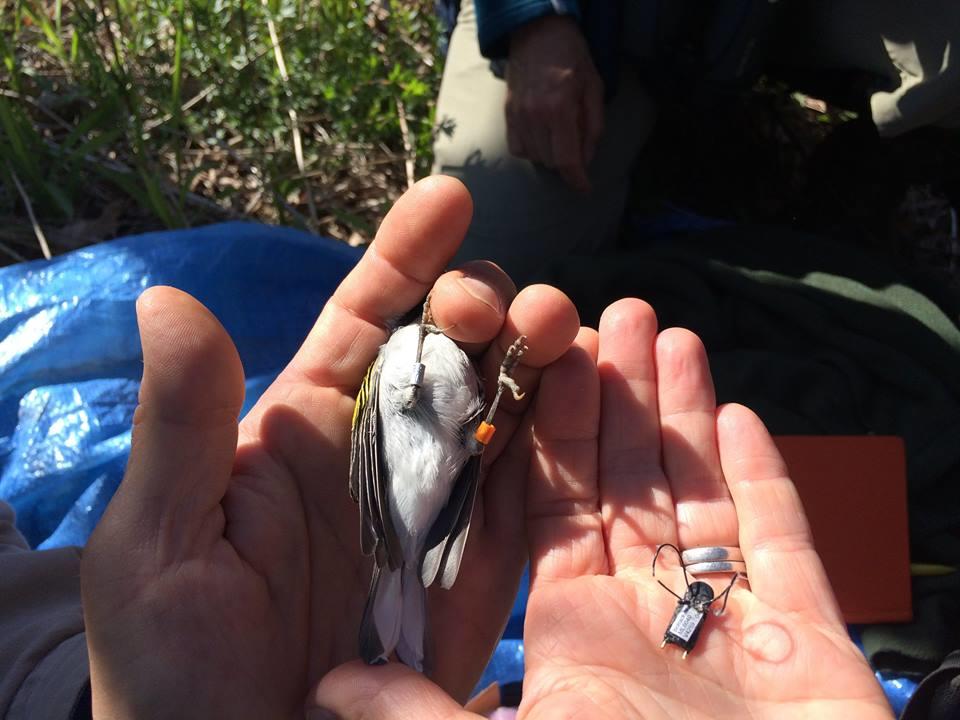
It's all a buzz!!! Biologists Margaret Fowle and Mark LaBarr have recaptured the first Golden-winged Warbler of the season. For the past year, this bird carried a small transmitter called a geolocator that has been collecting data about his migration routes and wintering grounds. Mark and Margaret will be out and about trying to recapture more geo-tagged birds in the Champlain Valley this spring in hopes of learning more about Vermont's population and its needs for conservation. Stay tuned for what we find out, and in the meantime, visit http://vt.audubon.org/gwwa for more information.
It's official! We counted 85 species of birds on an 85 degree day.
http://vt.audubon.org/birdathon
We found 13 species of warblers, 4 woodpeckers, 4 flycatchers, 5 thrushes, and 8 sparrows (including a Lincoln's Sparrow migrating to its boreal nesting grounds). We also spotted on Osprey over the Huntington River and a Ruby-crowned Kinglet at the start of the day.
Explore the official 2017 Birdathon Species List and learn more about the birds we found with Audubon's Bird Guide. http://vt.audubon.org/birdathon
THANK YOU to everyone for your Birdathon donations and sponsorships! Your support fuels our education and conservation work. We couldn't do it without you!
We're close to meeting our Birdathon fundraising goal, but it's not too late to donate to Birdathon. Please consider making a donation today. 100% of your tax-deductible contribution will support programs here in Vermont. http://bit.ly/BirdathonDonation
Welcome Audubon Vermont summer camp staff!!
Camp is just around the corner and there's less than 15 spots left!
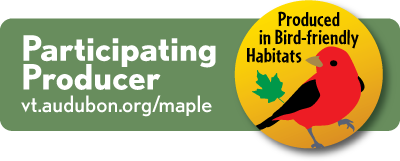
Help secure a future for birds at risk from climate change, habitat loss and other threats. Your support will power our science, education, advocacy and on-the-ground conservation efforts.
It's always a good time to visit the Audubon Center. Trails are open to the public year-round. Visit us daily from dawn until dusk! Donations are appreciated.
Adults, preschoolers, foresters, photographers, sugarmakers and families will all find opportunities to connect with nature.